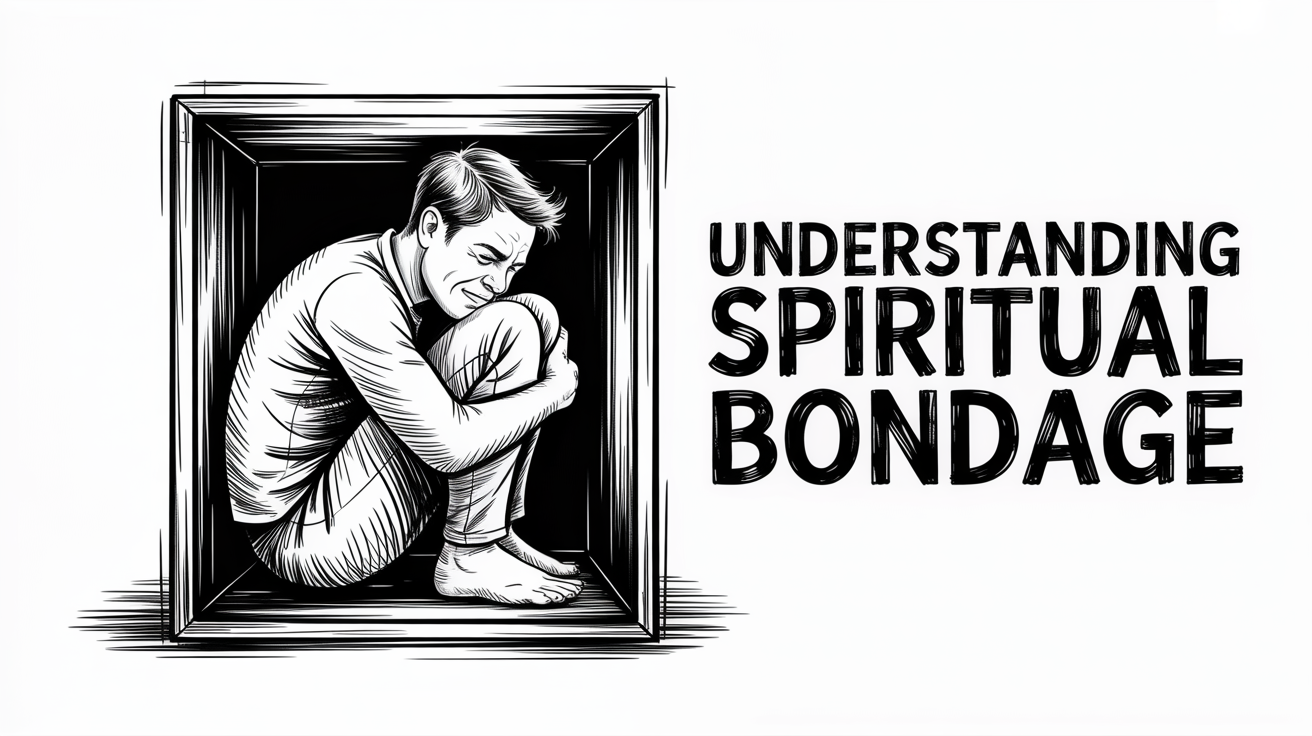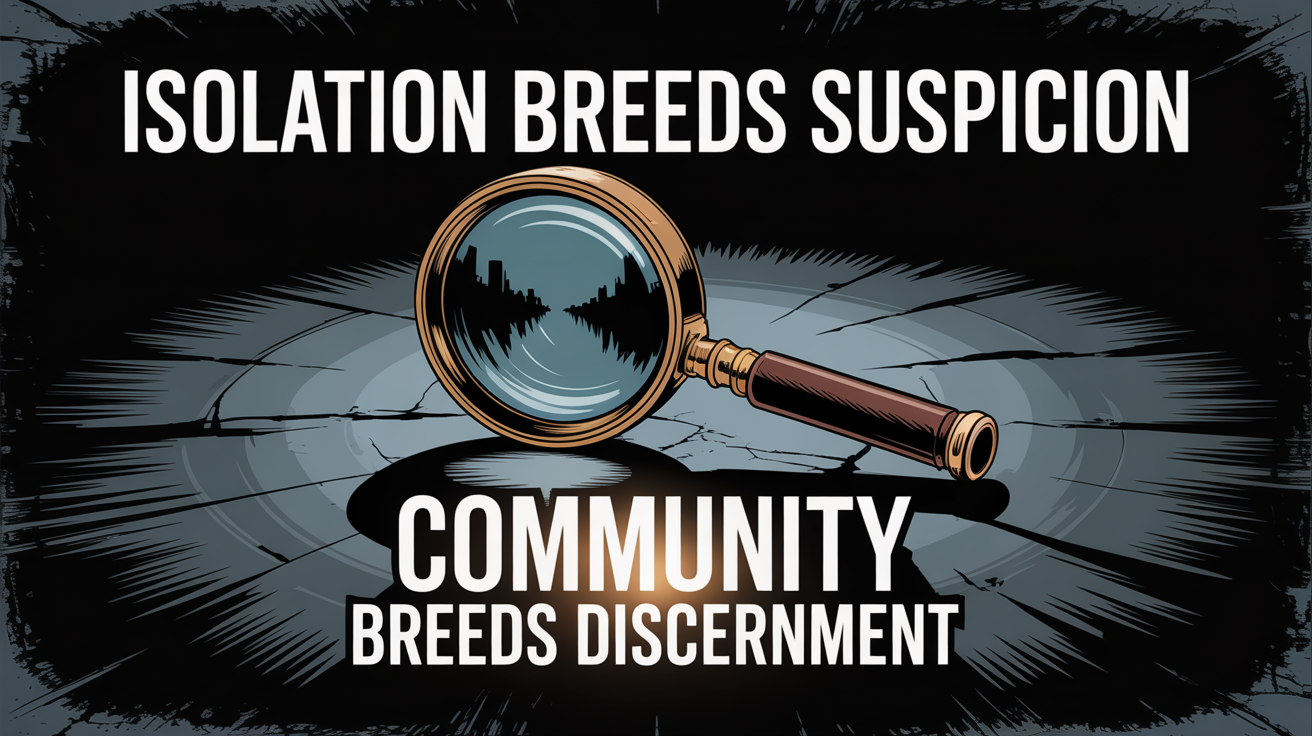Why Portals University Exists (And Why It’s Different)
Portals University is a seven-month, formation-based supernatural training journey designed to bring clarity, discernment, and lasting momentum. Beginning January 26, 2026, the program combines weekly on-demand teaching released every Monday with monthly live mentoring calls on Zoom. Built for real life, Portals University focuses on identity, authority, and direction—not just information—offering deep biblical discernment, practical application, and sustainable growth at a fraction of the cost of comparable supernatural schools. This blog explains why Portals University exists, how the training works, and who it’s designed for.
How a Frozen Tree Stand, a Grizzly, and a God Idea Turned Into a TV Show
Understanding Soul Spirit Hurts & Demonic Oppression
We are the most trauma-aware generation in history — and somehow the most spiritually tormented.
We have language for everything now. Trauma, triggers, attachment wounds, emotional dysregulation, nervous system dysrhythmia, trauma-bonding, shadow work. We’ve created an emotional dictionary that would impress Freud and bewilder Moses.
The Church is not well.
Debugging the Soul: Understanding Generational Curses
We all inherit things we didn’t choose.
A way of reacting. A fear that doesn’t make sense. A story that seems to replay itself in every generation.
You can feel it sometimes — in the way your temper mirrors your father’s, or how your mother’s anxiety hums quietly in your own chest.
We call it personality.
But what if it’s code?
Understanding Spiritual Bondage
We call it “survival.” We call it “doing our best.”
But let’s be honest—sometimes “doing our best” just means “barely holding it together with duct tape and caffeine.”
We’ve got people out here calling burnout “purpose” and anxiety “just part of the grind.” That’s not freedom—that’s a hostage situation with good branding.
Isolation Breeds Suspicion
Suspicion grows best in the dark.
When we’re hurt, when trust is fractured, when trauma has left its fingerprint on our souls, the temptation is to retreat. To circle the wagons. To pull back from people because people were the problem.
Isolation doesn’t just keep us “safe.” It breeds suspicion.
Suspicion whispers, “You can’t trust them. They’re out to get you. Better watch your back.” And soon, suspicion metastasizes into paranoia. Paranoia convinces us we’re discerning when, in fact, we’re simply afraid.
But the Bible tells a different story.
Exposing 7 Lies Facing America
Our country has just walked through a major national tragedy.
The murder of Charlie Kirk was not only heard about—it was seen. Millions watched the footage, a demonic spectacle replayed on screens that seared itself into our collective memory.
Moments like this mark a generation. They don’t just change what we see—they change how we think. If we’re not careful, these moments embed lies into the background code of our soul’s operating system. They hum quietly, but they redirect our choices, limit our identity, and even reroute our destiny.
The work isn’t just to grieve. The work is to debug.
Here are seven lies that surface after tragedy—and the truths that expose them:








